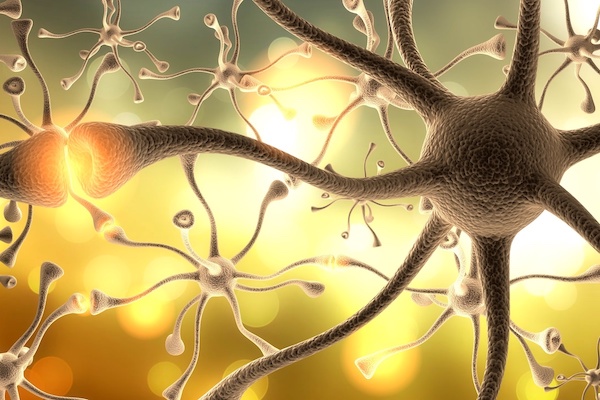MS breakthrough: A novel stem cells treatment gives hope to multiple sclerosis patients

A clinical trial published in The Lancet, a top medical journal, shows that an intensive procedure that completely wipes out the immune system and then regenerates a new one using blood stem cells can eliminate all signs of damaging brain inflammation in people with early, aggressive multiple sclerosis (MS), and facilitate lasting recovery.
Dr Harold L Atkins and Dr Mark S Freedman from The Ottawa Hospital and the University of Ottawa, conducted an experimental stem cell transplant with 24 patients who were expected to be confined to a wheelchair within 10 years. The patients all had poor prognosis and their disability ranged from moderate to requiring a walking aid to walk 100m.
The patients received the stem cells transplant after destruction of each person’s immune system with a high dose of chemotherapy followed by stem cells transplant to “reboot” the their own immune system. To the surprise of the doctors, this radical and risky stem cell therapy has been shown to halt and even reverse some of the symptoms of those worst affected by multiple sclerosis, a disease that in many people has proved untreatable.
Overall, 17 of the 24 people involved in the study saw their MS halted or reversed. 6 patients returned to work or college, five married or became engaged and two had children using banked sperm or eggs, as the aggressive treatment had made them infertile. One patient (4%) died from liver failure and sepsis caused by one of the chemotherapy drugs.
Mark Freedman, who co-led the trial, said he would not say his patients were cured. “I hesitate to use the c-word. A cure would be stopping all disease moving forward and repairing all damage that has occurred. As far as we can ascertain no new damage seems to occur beyond the treatment and patients don’t need to take any medication, so in that sense I think it has induced a long-standing remission. Some patients did recover substantial function and it allowed them to do things they couldn’t do for years, but others did not.”
The results of the trial in Canada, published in the Lancet medical journal, have been universally applauded by scientists and support groups. More research is still needed before this approach becomes available to MS patients.